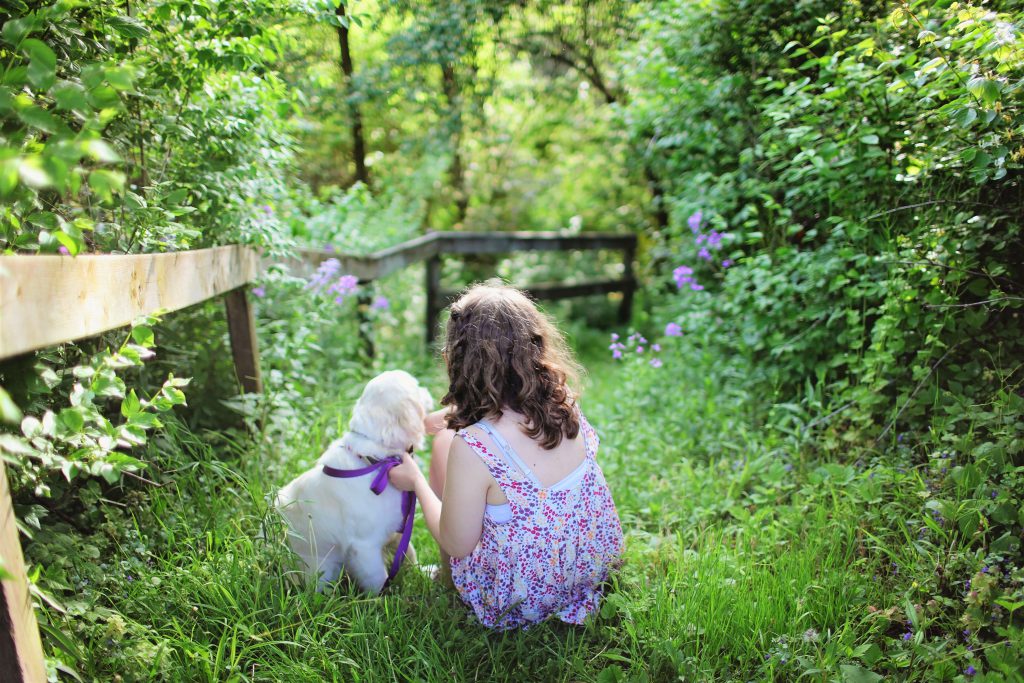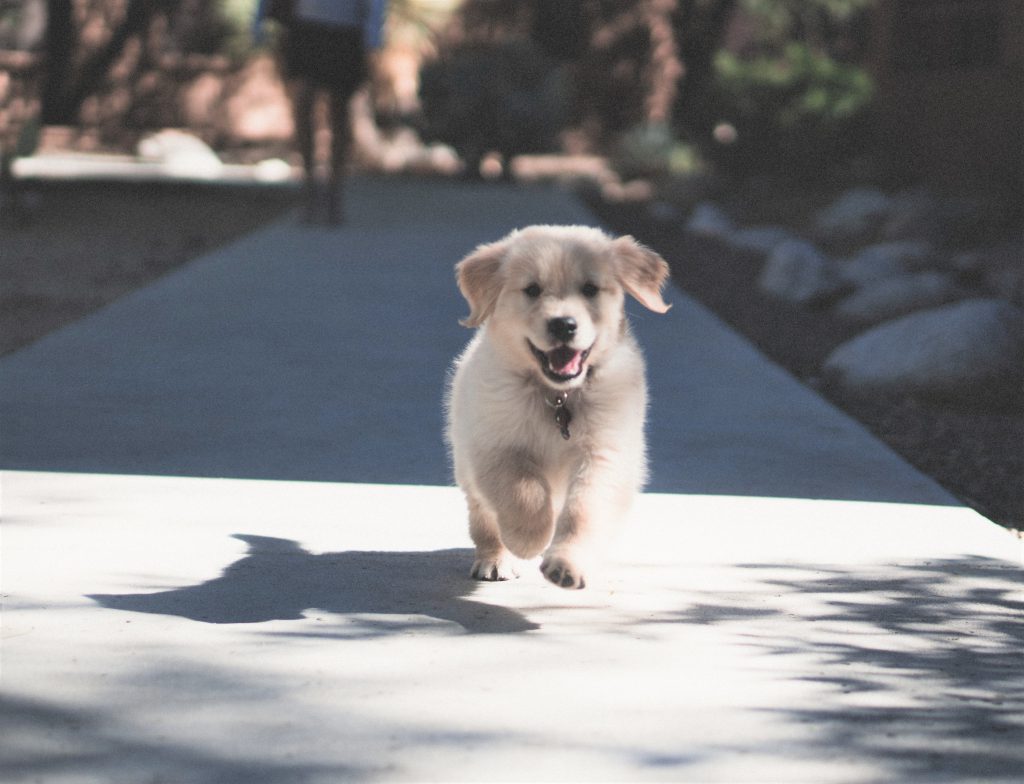
Isn’t the love of a dog amazing? It’s an unconditional love that doesn’t have restrictions or requirements. A dog doesn’t refuse to be nice to the owner if it’s not fed on time or if it’s not walked or played with at a certain time. Quite the opposite. That dog may be jumping with its tail wagging in excitement to see you. It’s just as if it has no memory of you not feeding it at the usual time yesterday because you were stuck in traffic. Of course, that doesn’t mean it’s okay to take advantage of that kind of unconditional love.
The Love We’ve Received
In the world of someone who has had a lot of traumas and losses, the love of a dog can be very comforting and healing because there are no expectations and no requirements to be perfect all the time. Unfortunately, for some individuals, that may not be the kind of love that they have received—especially if there has been any form of abuse or domestic violence in their lives.
Abuse can mess up how love is defined, given, processed, and received. The love received may have been conditional, depending upon performance when completing a task, following rules, or exhibiting certain behaviors like being perfect. So the reward of getting love doesn’t come unless the performance or behavior matches what the person has in mind, which makes it conditional love. So it says you don’t get my love unless you do what I want. That’s not comforting.
Being on the receiving end of conditional love can make someone less trusting of others in relationships. That’s an unhealthy kind of love. We need to learn about healthy love, work on new skills, and develop healthy relationships. Going through life seeing the glass half full not half empty is far more pleasant than seeing it half full.

The Love We Need
Wouldn’t it be great to be welcomed by others the same way our dog eagerly greets us? The love of a dog is the kind of love we all desire and need, but we may not always get. We are free to be who we are, mess and all, and the dog still loves us and doesn’t reject us. However, if we’ve received conditional love that is dependent on perfection or performance, it takes time learn to how to love unconditionally.
Learning Healthy Love
When there have been traumas and losses, a person has to be more diligent to learn about unconditional love, how to give it, and how to receive it. When we say we love someone, maybe we should stop and consider what kind of love we’re talking about. You know, do a bit of a self-check to see whether we’re talking about the love of a dog with its built-in, tail wagging, eagerness and excitement to see its master, or if we’re referring to a conditional love that is exhibited because someone has performed to our liking. To learn about healthy love, find good examples of how that should look and get around friends who know how to love unconditionally.
The best example of unconditional love that I’ve found in my life is God’s love for us. He’s always with us and loving us. Contrary to what most trauma survivors think, God is not mad at us. He wants to be our best friend and lead and guide us through life. A good place to read about His unconditional love for us is in the Bible, especially throughout the New Testament. Read more about His love here.

Since we’ve all experienced the tail-wagging, unconditional love of a dog, it is a good starting point for understanding the kind of love that God has for us. Once we accept Jesus, even if we mess up, God still loves us and wants the best for us. That’s some tail-wagging, comforting, unconditional love for anybody who has had many traumas and losses or who believes that God is mean because their unkind earthly father was abusive. Always remember how much God loves you unconditionally and always will no matter what you have done or what you will do in the future. That’s amazing love!
Just some food for thought to apply to your life when you think about love. I would like to hear if you have experienced the unconditional love of a dog, or another person, or God, and how it impacted your life.
I understand what you’re saying here.
However, how would the Love of a dog replace the love of a lost one or the pain one has gone through as you mentioned “trauma”?
Isn’t that’s GOD’s calling?
Isn’t that where God comes into place?
When I was going through tribulation, my pet wasn’t helping.
It was God who did that.
Thank you for sharing your experiences, Linda! You are right. Nothing and nobody can give us the kind of love or help that God can give us. It has been my experience, and that of other trauma survivors, that there is a tangible level of comfort that can be received through the unconditional love of a dog. That’s why pet therapy continues to be so popular. It’s true though that the love of a dog cannot replace the love of the person who passed away, nor can it fully relieve the pain we experience. Only God can “fully” heal our pain and comfort us, but I believe that dogs can be a steady, loving companion to us while we’re healing from a traumatic event. Thank you so much for your thoughts and comments!